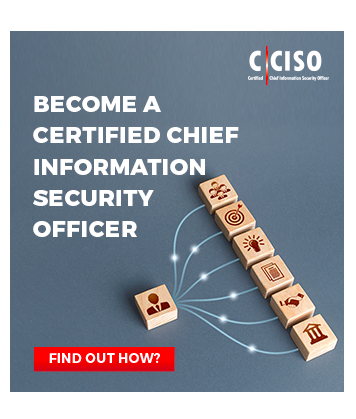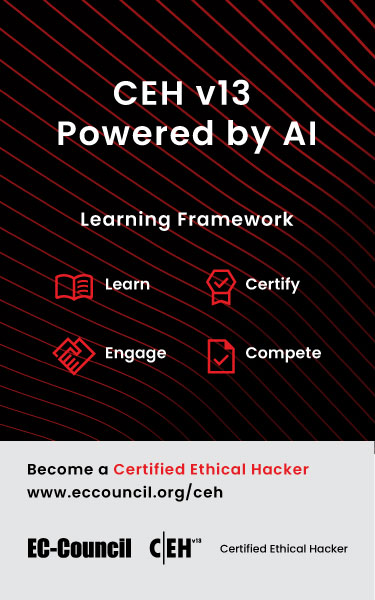The leaderboard recognizes the achievements of outstanding Certified Ethical Hackers around the world.
In March 2022, Certified Ethical Hackers (C|EHs) worldwide competed for top rankings on EC-Council’s Global Ethical Hacking Leaderboard. Lucas Tomio Darim, a C|EH from Brazil, took the leading position, followed closely by Singapore’s Ahmad Abdillah. The remaining top 10 spots went to ethical hackers from India, the United Arab Emirates, Australia, the United States, the United Kingdom, and Italy.
The Global Ethical Hacking Leaderboard encourages members of the global cybersecurity community to test their ethical hacking skills by passing both the knowledge-based C|EH certification exam and the rigorous C|EH (Practical), a hands-on assessment derived from real-world cyberthreats. Candidates who complete both challenges earn the C|EH (Master) credential, and those with the highest scores on the C|EH (Practical) are recognized on the Global Ethical Hacking Leaderboard.
Mr. Darim, a computer science student from Brazil, achieved last month’s top score on the C|EH (Practical) at 89%. He thanked EC-Council for the opportunity, saying, “It was a unique experience, as I learned several concepts I had never seen before.” He also spoke highly of the C|EH program’s practical utility: “I am certain that much of the knowledge acquired in the course will help my professional life.”
With a score of 83%, Mr. Abdillah, a systems engineer from Singapore, secured the second-place spot. He praised his overall experience with the C|EH Practical as “very enjoyable,” telling EC-Council, “I learned a lot from the course and found it a good foundation for my work.” In particular, he says he enjoyed learning about the tools available to malicious hackers and how to develop countermeasures.
Why Is Ethical Hacking in Demand?
Cyberattacks are on the rise, with United Nations officials reporting a marked increase in cybercrime during the COVID-19 pandemic (Cranley, 2020). Ethical hackers play a key role in addressing security threats, as they are trained to find vulnerabilities in an organization’s networks and systems using the same tactics a malicious hacker would employ.
However, there are currently not enough qualified professionals to meet the rising demand for cybersecurity talent, particularly those with advanced ethical hacking skills. According to a 2021 ISSA survey, 95% of cybersecurity professionals believe the skills gap has not improved in recent years, with nearly half saying the situation is only getting worse.
About the Certified Ethical Hacker (C|EH)
EC-Council created the C|EH certification to support the growth of the ethical hacking community and address the cybersecurity talent shortage. The ANSI-accredited C|EH course is designed by industry experts and recognized by the National Security Agency and the Department of Defense, among many other organizations.
The C|EH program prepares participants for a wide range of roles in cybersecurity, including ethical hacking, vulnerability assessment, and network security. The C|EH curriculum covers cutting-edge analytical tactics and tools, preparing learners to respond to today’s most prevalent attacks, from ransomware to Internet of Things hacks to banking and financial malware.
References
Cranley, E. (2020, May 24). Cybercrime against healthcare groups ‘worldwide’ is on the rise during coronavirus pandemic, top UN official warns. Business Insider. https://www.businessinsider.in/international/news/cybercrime-against-healthcare-groups-worldwide-is-on-the-rise-during-coronavirus-pandemic-top-un-official-warns/articleshow/75928226.cms
ISSA. (2021, July 28). Cybersecurity skills crisis continues for fifth year, perpetuated by lack of business investment [Press release]. https://www.issa.org/cybersecurity-skills-crisis-continues-for-fifth-year-perpetuated-by-lack-of-business-investment/









